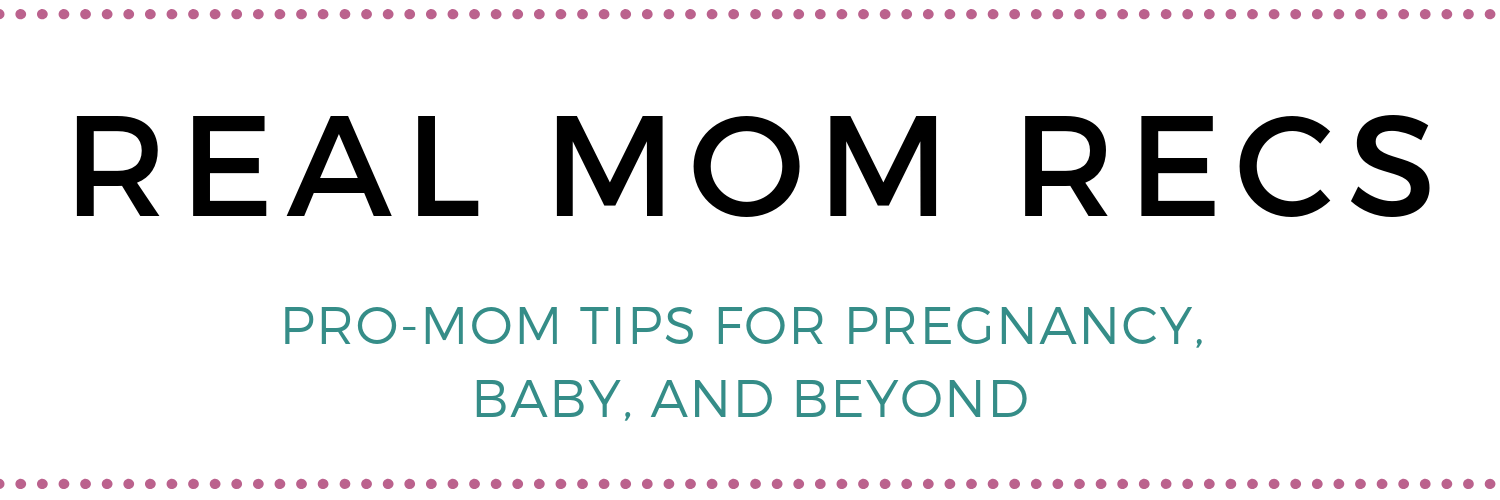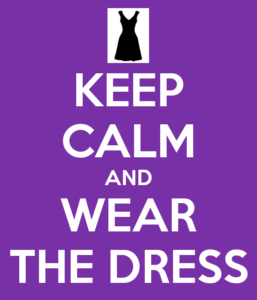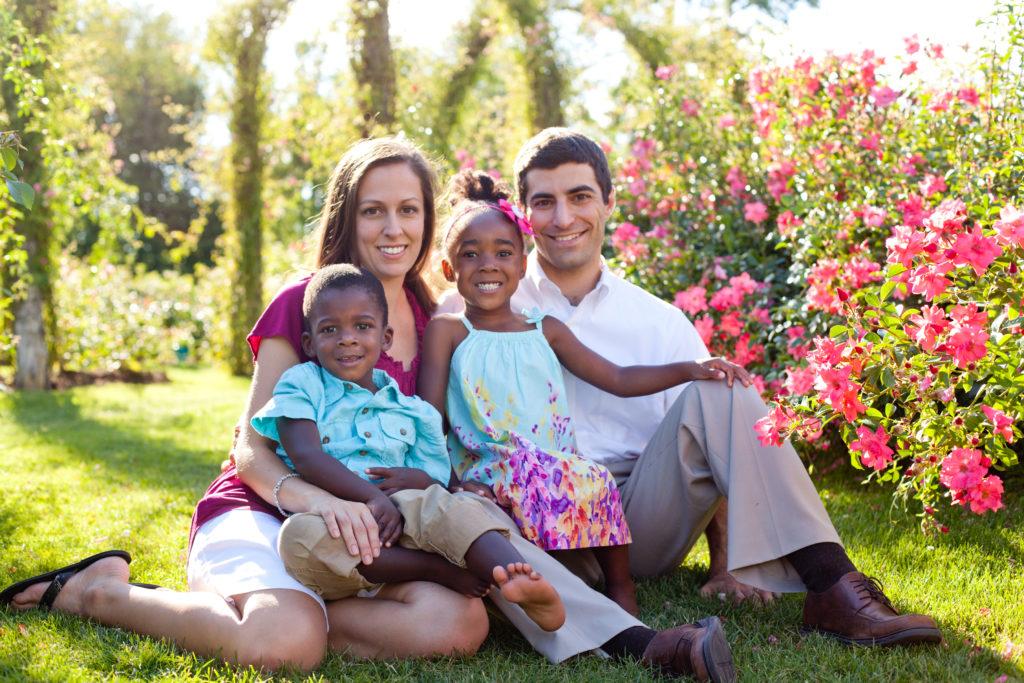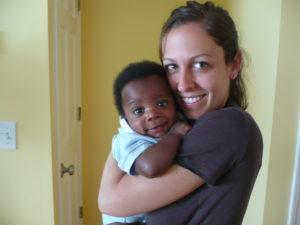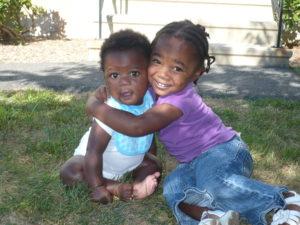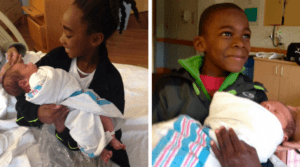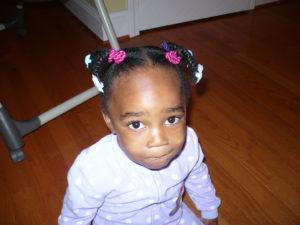Moms, I know your story.
I understand about how you feel touched out. I know your fatigue. I’m all too familiar with how your small children suck the life out of every fiber of your being. (Cough, cough Parenting Truths).
When you are tired, no exhausted, from GIVING GIVING GIVING all day, sex is just not on your radar. If you have any kid-free time you want to spend it showering, or getting your nails done, or catching up on Netflix, or better yet taking a NAP.
It seems like not wanting sex from your husband is another Mom cliché that everyone is on board with, like needing coffee to survive Motherhood and pouring a glass of wine immediately after bedtime.
Well if you subscribe to that sentiment then you need to share this with your man, because mine is doing something right.
Sex is still relevant in our marriage, and not like a chore (because seriously, I suck at doing chores). It is still relevant as in, he makes me feel like a sexual being. And feeling sexy is a pretty damn critical piece of enjoying sex.
I may not look like the media’s image of a sexy woman. Multiple pregnancies have crushed my dreams of ever looking decent in a bikini again. My hair is never done and I rarely change out of my basic mom uniform of yoga pants or some other form of athleisure. (Athletileisure? I never know. I don’t have time to be cool.)
But my husband writes his own book about what sexy is, and in his book it is me.
He notices when I’ve put in effort.
AND he compliments it.
If for some reason I’ve decided to put on jeans instead of yoga pants, he says “you look nice today!”
When I take an extra few minutes to put on some makeup he says, “wow, you look pretty.”
If it’s really a special day and I’ve spent an hour to actually style my hair, he says “what’s the occasion?!”
Ok I should probably spend more time on my hair. But you get the idea.
He still wants me whether I’m done up or not.
I love getting those compliments when I’ve put effort into my appearance, but sadly those are not daily occurrences.
The good part is, he doesn’t care.
He has made it clear from day 1 that he wants me whether I’m at my best or at my worst.
When you think about it, this is probably the best thing he could do for our sex life. If I felt like I had to be dressed up and looking my best before having sex, that would limit our days of intimacy to a handful of times a year!
Knowing he doesn’t care about that, he just wants me however I am at that moment, gives me the confidence to initiate sex whenever the mood strikes.
And Moms: I’m pretty sure your man wants you anytime, anywhere too. Maybe he just needs to express that more, or you need to let go of feeling like you don’t look good enough.
He flirts with me.
Something about this just really gets me going.
If my man catches my eye from across a crowded room, without fail he will smile and wink at me. After 10 years together, that small gesture still gives me a jolt of excitement.
Though we aren’t big PDA people, every now and then if we are out at a bar or party he will walk up from behind me and slide his hand across my hip.
When out with friends, he likes to poke fun at some quirky part of me. He does it to get a laugh, but also in a sweet “isn’t she such a goofball?” flirtatious kind of way.
All of these examples are lightyears away from our normal daily interactions at home. With 4 kids, our daily life is like managing a summer camp. We coordinate activities and schedules, serve food, clean up, hand the baby back and forth over and over. The daily grind can be brutal and overwhelming.
So when we escape from that and he actually FLIRTS with me, it reminds me that he still sees me. That I’m someone other than “Mommy-can-you-get-me-this”. He notices me and gives me attention in this fun, mildly-sexual way, and it never fails to give me a thrill.
He buys me clothes.
I see this one as “putting his money where his mouth is”.
As a CPA, finances are my husband’s game. Budgeting the household is part of his life’s purpose. So when he comes home with a dress from a nice store that he just passed by, it’s kind of a big deal that he bothered to spend the money on it. It means he wants to see me in it more than he wants to hold on to his cash.
And believe me when I say this is a man who likes to hold on to his cash!
Almost always when I open the box and see the slinky dress he picked out, my first thought is “I can’t pull this off!” I worry I don’t have the right bra for a halter dress or my skin is too pale to wear black in the winter.
This is where I need to swallow my pride.
He bought me the dress because he wants to see me wear it. He doesn’t think about the logistics of Spanx or how I haven’t had time to work on my summer glow.
If he thinks I’ll look sexy in it, I’ll let that decision be up to him. If he cared enough to walk into the store and buy it, how difficult is it for me to put it on for him?
As women we’re always looking in the mirror to find the flaw.
- Does my post-baby belly roll show in this outfit?
- Do my boobs look saggy?
- Does my butt look wide and flat instead of round and juicy?
Of course when we are searching for our flaws, we will find them. But that isn’t how the men that love us see us. They aren’t searching for a flaw, they are looking at their favorite parts of us. And when they see their favorite parts of us, it makes them want all of us.
He takes me on dates.
We make it a point to spend an evening alone together at least one night a week.
There are two ways to achieve this:
- We get a babysitter and go out on a date, either just the two of us or with other couples. This is absolutely essential and for us, it is well-worth the cost. We don’t love how expensive it is to hire a babysitter, but we do love getting to go out and feel like a carefree young couple again! We consider these nights an investment in our marriage. (Another option if you can’t get a sitter: partner up with another couple watch their kids one night, then give them yours the next time.)
- We stay in and spend quality, screen-free time together.
These don’t happen every night. Most nights, after the kids are in bed we have chores to tackle or work to get done. A lot of the time we’re just exhausted and veg out on a couch. But regularly, we decide to spend the night just focusing on being together.
Typically we’ll start cooking a nice dinner after the kids are in bed. Early bedtimes help with this! Our kids are in bed by 8.
We take our time preparing the meal. My husband is more of the chef in our household, but he’ll give me some onions to chop or something (chopping = cooking when you’re a slacker mom). We’ll pour wine and maybe ask Alexa to play some low music. Then we just talk.

These nights are the ones where we’ve had all our best conversations. It’s where we’ve planned our family, reflected on our parenting, shared our dreams for the future and our biggest fears. These nights bring us closer than anything else we do.
And when we feel that close and connected, how do you think the night ends? (Wink, wink!)
He gives me his full attention.
Of course I can’t have his full attention at all times. I’m competing with four people who are louder and cuter. And when they’re around, they need his attention more than I do.
Then there’s work, and yard work, and “THE LIST OF THINGS THAT MUST GET DONE THIS WEEKEND OR LIFE WILL END”. (No? Just my husband?)
Somewhat of a typical guy, my husband isn’t the best at multi-tasking. One of the best things he did early on in our relationship is fess up to that. I had tried talking to him when he looked available, but his mind was elsewhere. Then I would get annoyed that he wasn’t listening. Eventually he told me, “when I’m doing something, I get really focused. If you need my attention just say ‘I need your attention right now’ and I’ll stop and listen.”
Now I know that tinkering with tools ≠ time to chat. That’s just how he operates.
And when I ask for his attention, he stops everything and gives it to me. Communication channels are open, and I know I’m his top priority.
He does housework.
On his own. Without being told. Every day.
A good man knows that his wife feeling overwhelmed is the antithesis of feeling sexy. That’s why they say the best foreplay for a husband to get his wife in the mood is housework!
This is something most men don’t get, but the ones who do have unlocked the secret to a great relationship and sex life.
Don’t believe me? Check out these headlines:
-
Men who help with housework ‘have more and better sex’
Researchers find that men who make fair contribution to housework have better sex life after studying 1,300 couples
-
Marriage Research Shows That Couples Who Split Chores Are Happier
The next time your spouse hides out in front of the TV instead of helping with chores, you might want to show him (or her) this research
-
Yes, Couples Who Share Chores Have More Sex
A study to be published in the Journal of Marriage and Family in August has found that among couples who share their chores more evenly, there is more sexual gratification
So the next time your man complains about the “headache” you’ve had the last four nights, tell him to put on some gloves and hit the bathroom!
He takes advantage of every opportunity.
This is actually something we both do. When you’re a busy couple without tons of opportunities to have sex, don’t let a single one go to waste.
Sometimes there’s that magical day where all the kids nap at the same time. Or they’re at Grandma’s and you don’t need to pick them up for 30 minutes. Maybe they’re all in school and you both have a chance to slip out for a lunch break.
When these opportunities arise, we don’t even need to use words. We just jump on them.
A lot of times, the excitement of knowing you’re doing something “sneaky” or that you’re in a hurry makes it extra fun.
Moms: we need to do our part too.
As hard as it is to do, we can’t let our role as Mom take over every aspect of our existence. We have to remember the person we were when we fell in love, and not let go of that person.
To feel sexy as a mom, you might need to re-define what sexiness is.
Hint: It’s not about having a perfect body.
“Sexy” in the context of marriage is about having confidence. Feeling connected. Having the same goals. Enjoying each other’s company. Feeling appreciated. Laughing together.
If you do your part and he does his, you’re holding the ticket to a long, healthy, and sexy marriage.
